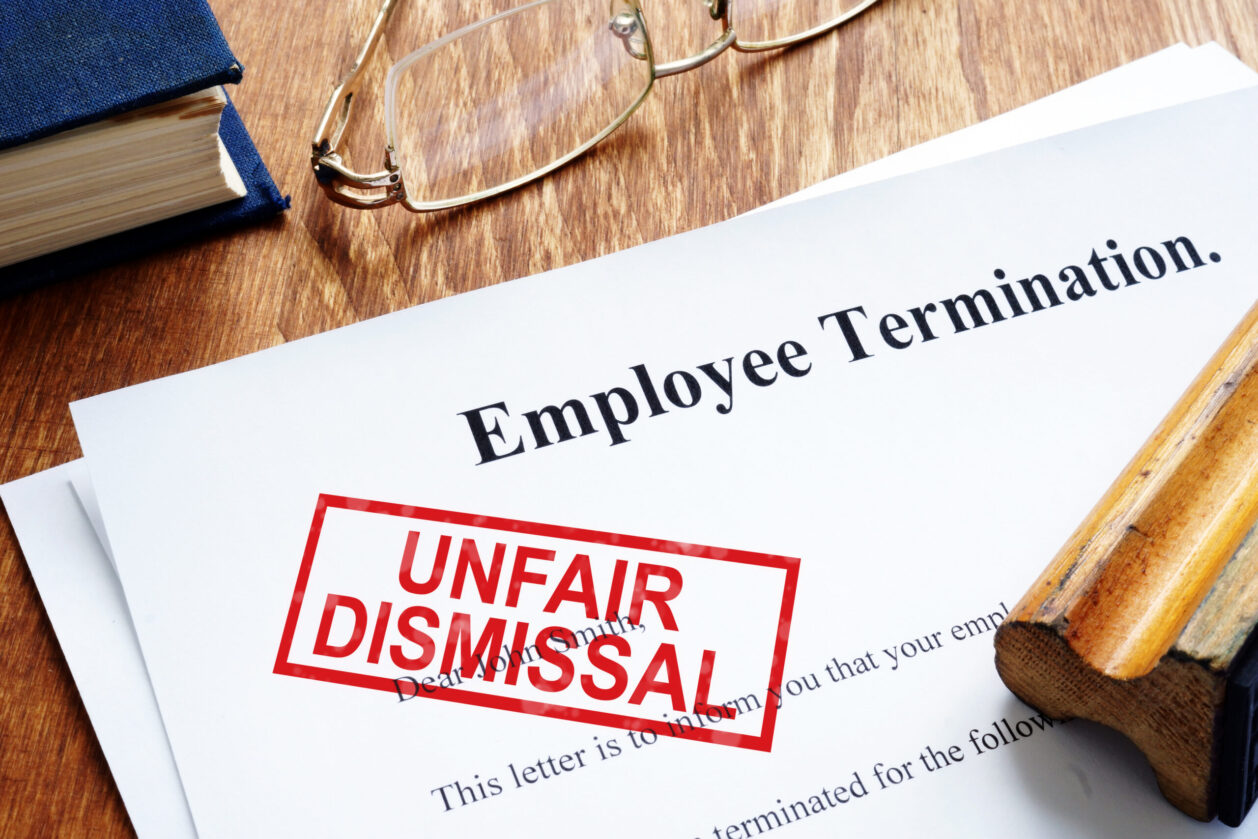Many business owners don’t pay themselves or when the going gets tough they cut off their own payments first.
But there’s no point being in business if you don’t pay yourself anything. You might as well work for someone else.
Mark Iriks, Managing Director at Easifleet Management, says: “If you love doing what you do so much, then make it a hobby, because at the end of the day you still have to put food on the table.”
How much you pay yourself comes down to how profitable your business is. You don’t want to jeopardise its profitability or viability by paying yourself too much.
Iriks suggests researching what other people doing your job in the same industry would get. Then pay yourself that amount, if not a bit less.
“As a start-up, it’s a bit different and you personally take on some of the risks. You pay yourself last because your commitment is to pay for loans, your staff and the other things you need to pay,” he says.
“If you can’t afford to pay yourself, go and get a job. Unless of course it’s a matter of building up the business, and you’ll know it will eventually be successful, then take the risk. Life is short.”
How often you pay yourself depends on your personal preference – it could be monthly, fortnightly, weekly.
If your business is making a profit, then another option is to take drawings from that. If it’s a consistent profit, sometimes the business owners might decide to take a monthly percentage.
Other times the owners or partners might wait until the end of financial year, after the financial statements and tax returns have been completed, so they know what their tax commitments are.
Iriks sees people draw too much out of the company, pay themselves too much and they don’t have the cashflow to do it.
“If not done correctly, it can be seen as borrowing from the business or even living out of the business,” he says.
“It’s basically illegal to do it that way but I’ve seen it done and you can get horribly caught out because that’s not a business expense, it’s basically a loan.”
Agnes Vacca, Partner in Charge at KPMG Enterprise, explains there are completely different tax implications for the different methods of paying yourself.
They include:
Ordinary salary as an employee
The benefits of paying yourself as an employee is that if the business needs to replace you in the future (on sale or incapacity to work), it can already afford another person at the commercial level.
Costs include:
- Pay As You Go (PAYG) withholding
- Superannuation
- Payroll tax (if your business has reached the threshold).
Also, it’s easier to monitor the business for real commercial profitability because all your remuneration is included as part of the costs.
The tax on your income is paid throughout the year, so there are no nasty tax surprises when the tax return is completed.
A pitfall to watch out for is that sometimes owners don’t pay all the obligations for themselves as an employee, such as superannuation, if things are tight.
On-costs associated with wages cannot be avoided even if you are the owner and the tax office will not make the distinction that you are the owner and not an ordinary employee.
As an owner you might prefer to use the superannuation amount you would otherwise pay for other things, personally or in the business.
Pay yourself by drawing from part of the profits
This can either be through a distribution from a trust, a drawing or a shareholder dividend.
Benefits
- you don’t get tax withheld at the source.
- you have more control over how you manage your personal tax and super.
- no obligation for super.
- no payroll tax.
Pitfalls
- Sometimes owners take out money along the way and then may realise that the business can’t afford the amount they’ve taken out, risking insolvency in the worst case.
- There can be a high tax bill at the end of the year but not enough has been left for that.
- You need to make sure you manage drawings and related party loans well.
It is best to seek expert advice specific to your business on any method you choose.






